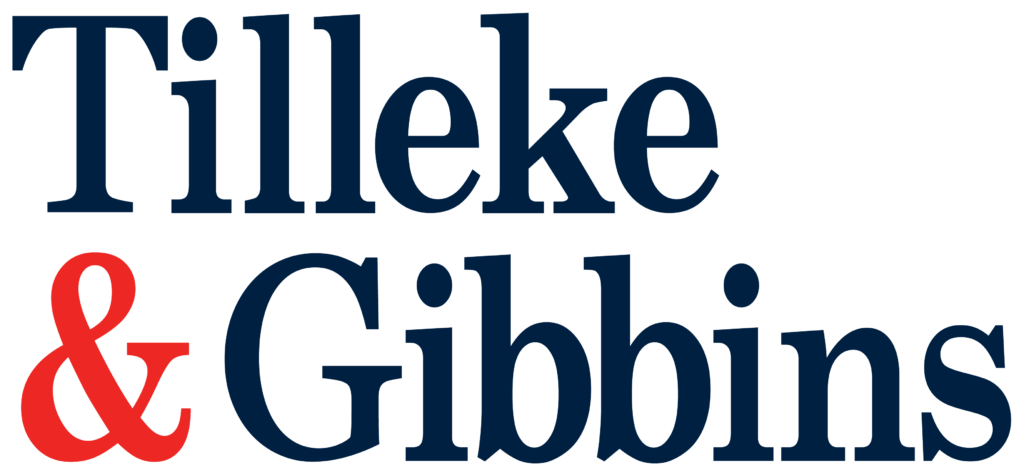Interest in organic farming, soil health, and regenerative agriculture has increased rapidly in recent years, and the demand for biological and organic fertilizers has accordingly undergone dramatic growth. Biological fertilizers contain specific levels of microorganisms (such as nitrogen-fixing bacteria); organic fertilizers similarly contain microorganisms and typically come from animals and plants, such as livestock manure and crop residues.
Although responsible fertilizer use is still necessary to prevent unintended effects, these “living fertilizers” can boost yields and promote plant productivity without many of the adverse environmental effects and safety concerns of chemical fertilizers. This makes them highly sought after for organic farming, and prized by agricultural operators looking to promote soil health as a bedrock of sustainable agricultural practices.
As the global trade for organic and biological fertilizers has scaled up, producers and agribusiness companies have expanded organic and biological fertilizer offerings to new markets. Not only do different countries have their own regulations for fertilizers in general, but they also often have specific requirements and rules for biological and organic fertilizers.
This guide provides fertilizer producers and traders with an overview of the legal landscape for these fertilizers in three major Southeast Asian markets so that businesses can make their fertilizers available and foster sustainable agricultural practices in the region.
The full Biological and Organic Fertilizers in Indonesia, Thailand, and Vietnam guide can be downloaded through the button below.

For further information, please contact:
Alan Adcock, Partner, Tilleke & Gibbins
alan.a@tilleke.com





